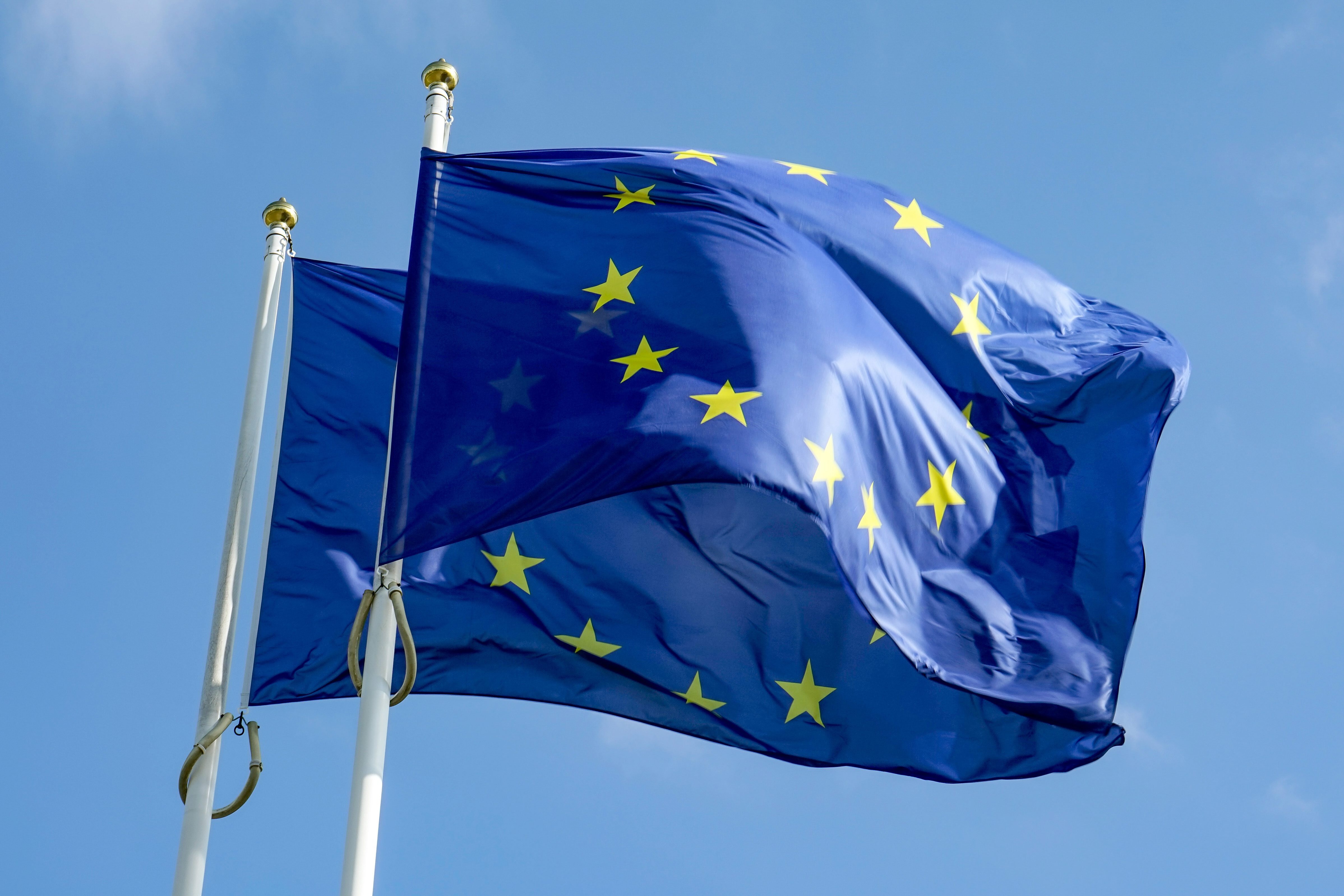Internationale Politik
Ukraine and Moldova become EU candidate states – A historic decision in extraordinary times

Changing tide
Russia’s war on Ukraine created a strong geopolitical motivation for the EU’s decision. A clear sign of the changing tide was the support for Ukrainian candidacy that was conveyed during visits to Kyiv of European Commission President Ursula von der Leyen (11 June) and the heads of state of Germany, France, Italy and Romania (16 June). This was followed up by a positive recommendation of the European Commission to grant candidacy status to Ukraine and Moldova and to give Georgia the European Perspective, with a prospect of candidacy as well.
With the Parliament approving the Commission’s opinion with an overwhelming 529 votes out of 588, this left the final go-ahead for the Council. The supportive sentiment was reflected in the lead up to the decisive summit, as most EU heads of government already indicated their support for the candidacies. It was therefore no surprise that European Council President Charles Michel on Thursday evening announced the decision, calling it “a historic moment, which allows us to define the contours of the European Union”.
What’s next?
The decision sets in motion a membership process that could take many years – or even decades – to complete. Especially since the negotiations are not expected to start until the active phase of the war is over. However, Ukraine will have to take seven steps already to maintain its membership status in the future, most of which are already in progress. These steps are:
1. Reform of the Constitutional Court
2. Continuation of the judicial reform
3. Further anti-corruption reform
4. Comply with anti-money laundering legislation
5. Implementation of the anti-oligarchic law
6. Media law that aligns with the EU audio-visual media services directive
7. Finalisation of the reform of the legal framework for national minorities
EU leaders also stressed that the will have to be a major reform of the Union’s decision-making process before there can be any further enlargement. To enable the EU to play a role on the global stage, there are increasing calls for using qualified majority voting rather than unanimity for key decisions. This gives the EU some homework to do as well.
Candidate status for Ukraine and Moldova should indeed trigger a re-appraisal of the accession process. For Ukraine and Moldova, it remains a first and important step on the long road to EU membership. And a clear sign that Ukraine's future lies in Europe. Since both the (prospective) candidate countries and the EU itself still have to do their homework, this process will not be an easy one. But the road has begun, and it could not have come at a more important time. What matters now is that the EU finds the strength to shape its own reforms in such a way that it can become an active and powerful player on a global scale.
